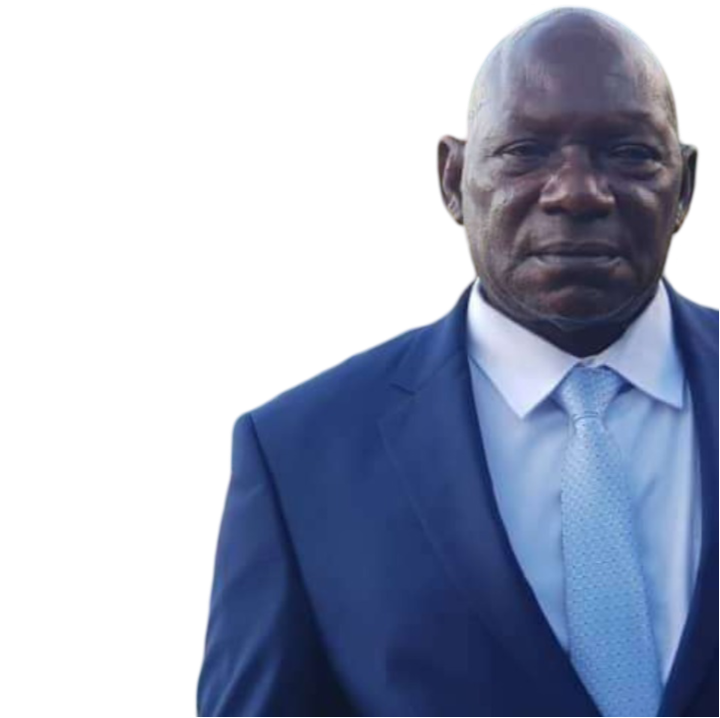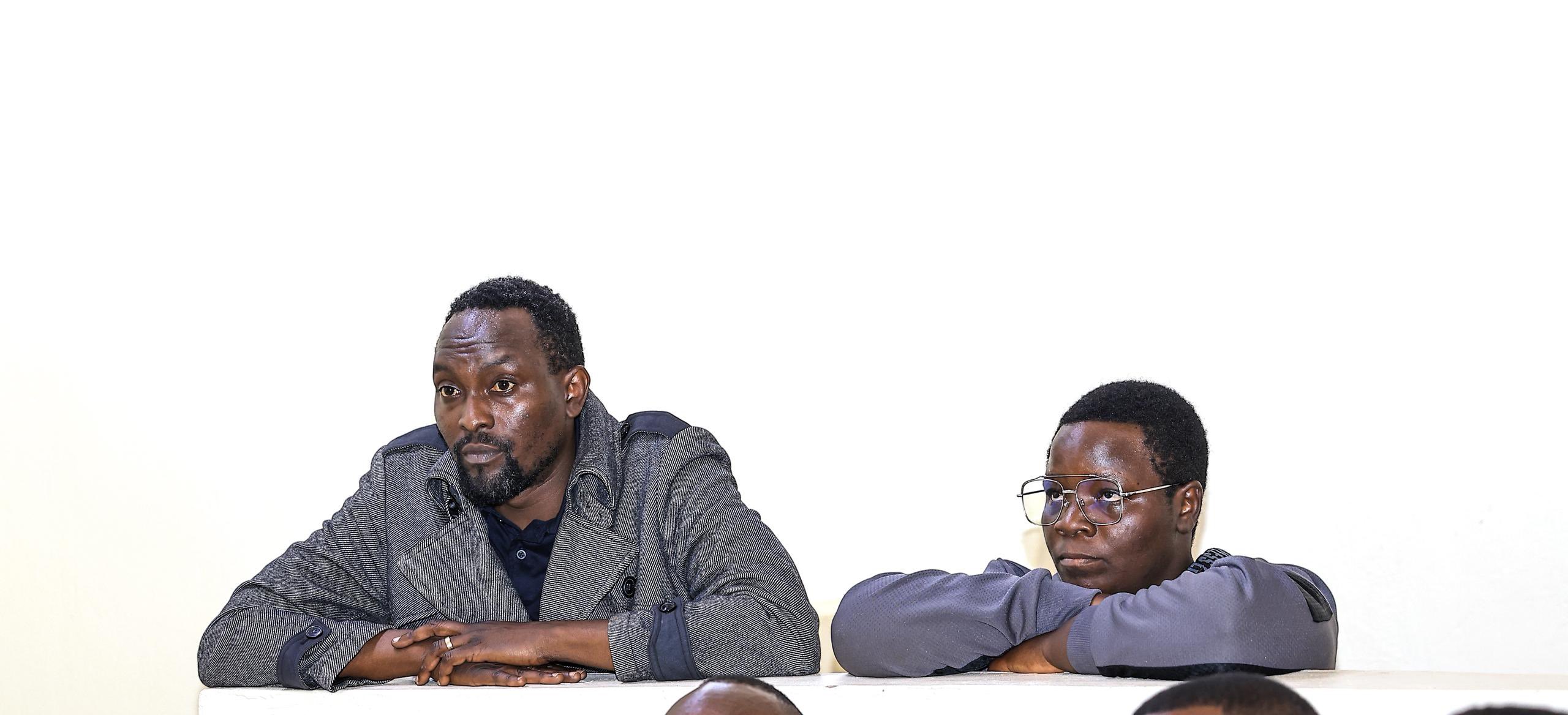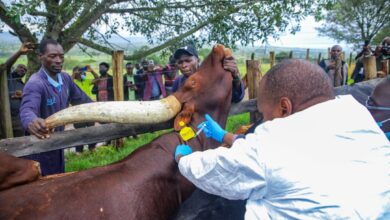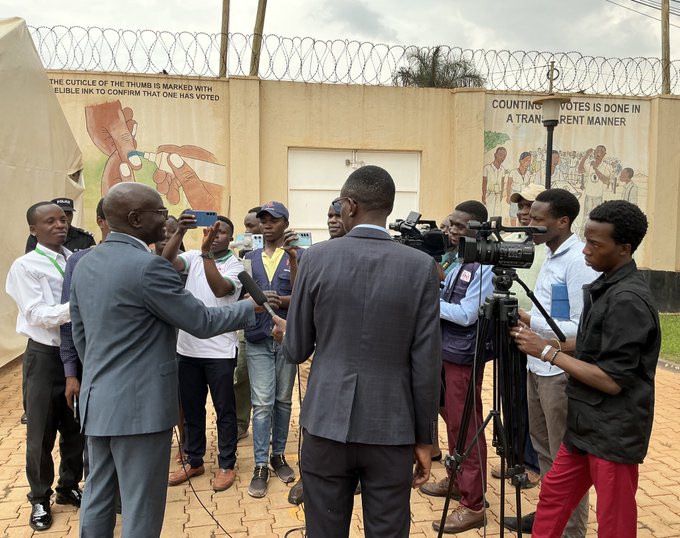Understanding Political Mobilization: Its purpose, challenges, and the role of transparency
In this article, we explore what mobilization entails, who should be responsible, the importance of transparency, factors leading to its failure, and why the use of money can both help and hinder its effectiveness.

Political mobilization plays a pivotal role in any political campaign or movement, serving as the backbone of engaging citizens and rallying support. Whether for elections, policy support, or grassroots movements, mobilization ensures that ideas and political agendas are transmitted to the public in a way that encourages active participation.
In this article, we explore what mobilization entails, who should be responsible, the importance of transparency, factors leading to its failure, and why the use of money can both help and hinder its effectiveness.
At its core, political mobilization is the process of activating, educating, and organizing individuals or groups to take political action. This can be through participation in voting, advocacy, or supporting a political cause. Mobilization ensures that people are aware of the issues that affect them and that they are encouraged to act in a way that brings about political change. Effective mobilization is inclusive, ensuring participation from all segments of society, from the youth to elders, professionals, and rural communities.
Mobilization can be undertaken by a variety of actors within a political system. These include political parties, civil society organizations, community leaders, grassroots organizations, and specialized political mobilizers. These groups are responsible for rallying support, educating the public, and building awareness on political issues that matter to the people. Involving diverse actors ensures that mobilization efforts reach all areas and demographic groups.
The main objectives of political mobilization include increasing voter turnout, building awareness, uniting people under common causes, and strengthening party structures. Mobilization efforts encourage participation in elections and other political processes, ensuring that the public plays a role in shaping their government and policies.
Transparency is fundamental to political mobilization because it builds trust, ensures accountability, and avoids manipulation. Voters and participants are more likely to support campaigns that are open about their goals, methods, and funding sources. A lack of transparency breeds suspicion and undermines the legitimacy of mobilization efforts.
However, mobilization efforts can fail due to various factors, such as a lack of clear objectives, poor leadership, political apathy, opposition pressure, and corruption. Without strategic planning, leadership, and commitment, mobilization can lose direction, and the public may disengage from the process.
To improve political mobilization, strategic planning, capacity building, inclusivity, and accountability are essential. Mobilizers must adopt transparent practices and innovative approaches to engagement, ensuring broad and meaningful participation from all segments of society.
The use of money in political mobilization is common, especially in contexts like Uganda. Financial incentives are often used to motivate participation, but this presents significant risks. Money can result in short-term gains, but its overuse can lead to superficial support, erode integrity, and encourage corruption. To avoid these pitfalls, financial support should focus on logistics and capacity-building rather than direct payouts to voters.
Political mobilization is a powerful tool in shaping the future of any society. For it to be effective, it must be grounded in clear objectives, strong leadership, inclusivity, and transparency. Money can facilitate mobilization efforts, but it must be used responsibly to maintain trust and integrity. By focusing on building genuine connections with citizens and maintaining accountability, mobilizers can drive lasting political change and ensure active engagement in shaping the political landscape.
The writer, Baluye Michael Waiswa, is the ONC coordinator for Buyende District.







